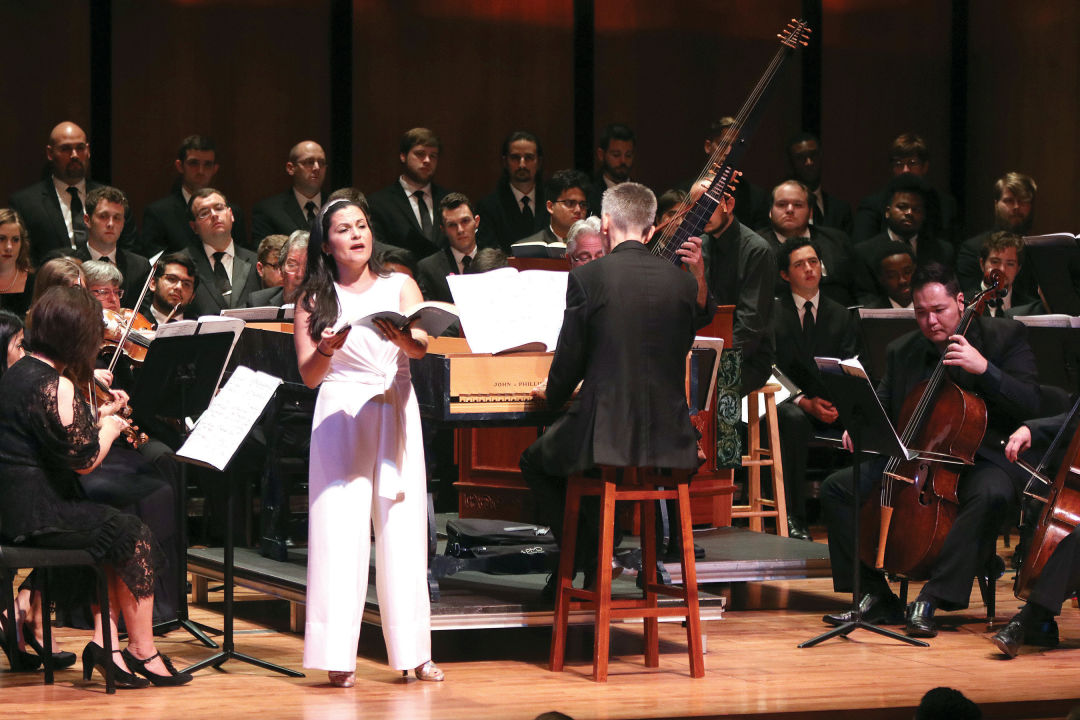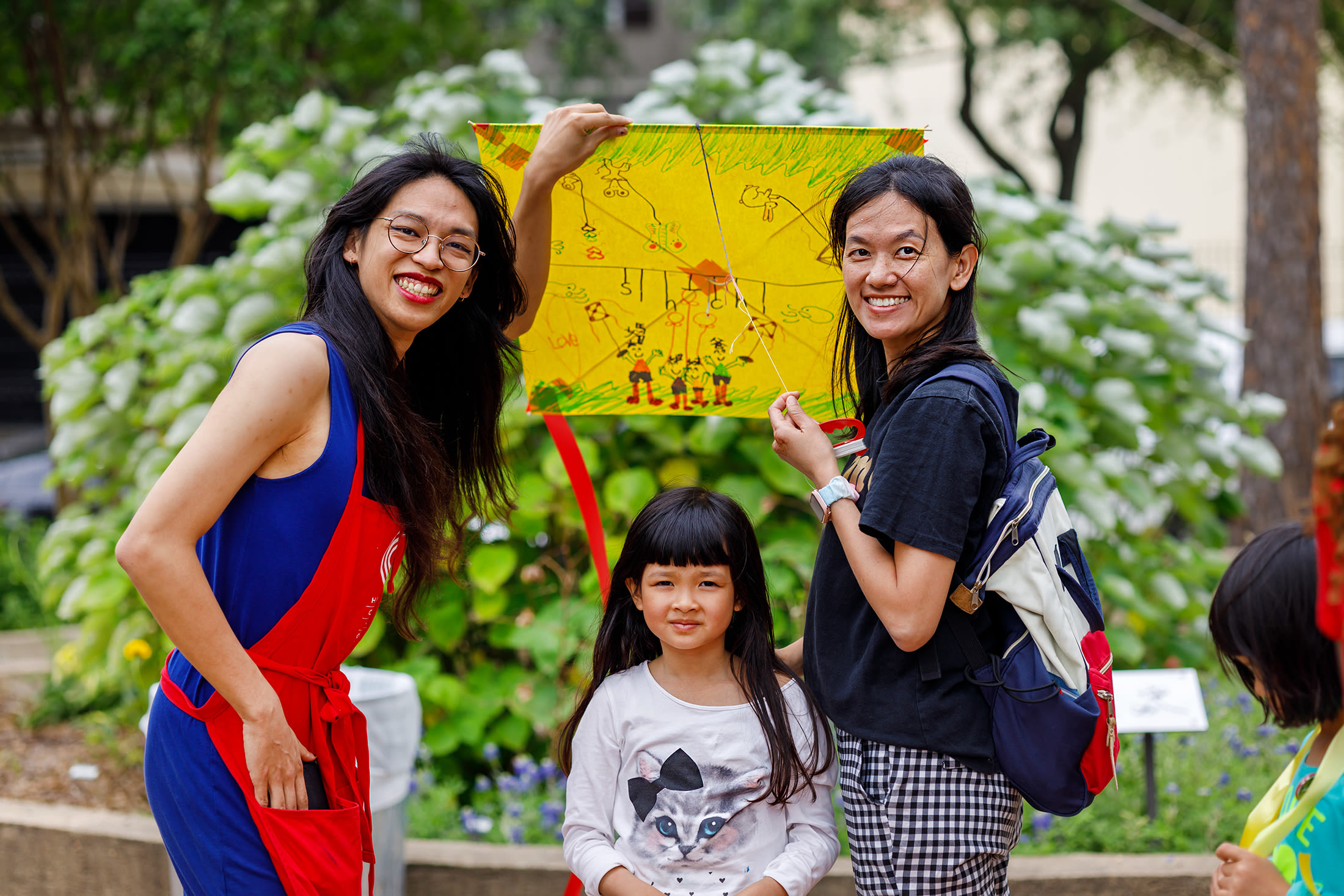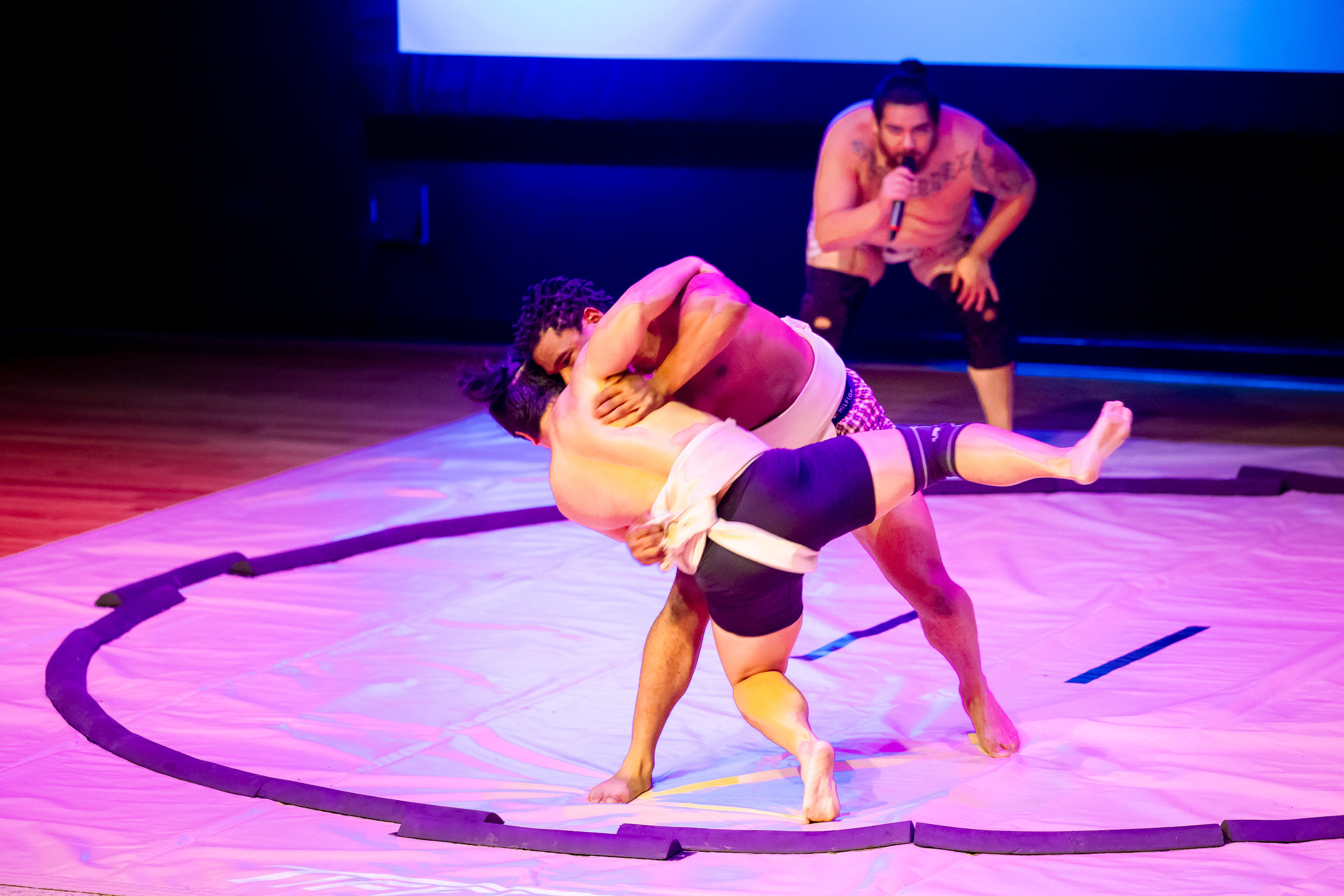Italian Sirens and Other Female Composers Take Center Stage at Ars Lyrica

Mezzo-soprano Cecilia Duarte
Image: Pin Lim
The best-known classical-music luminaries of centuries past are—well, they’re a bunch of dudes. But women have been right there with them from the very beginning, both performing and composing. We just haven’t heard a lot about them until lately.
“There’s so much more available than say 20 or 30 years ago,” says harpsichordist and conductor Matthew Dirst, who drew upon recent scholarly research to program Ars Lyrica Houston’s six-concert 2017–18 season, “Artful Women,” a celebration of women’s roles in 17th- and 18th-century music. “It seems past time,” he adds.
For “Italian Sirens,” the ensemble will be joined by sopranos Sydney Anderson and Alexandra Smither and mezzo-soprano Cecilia Duarte, who will perform a program of Baroque music by early-17th-century composers Isabella Leonarda, Francesca Caccini and Barbara Strozzi.
“What’s unusual about these three women is we know about them,” says Dirst, Ars Lyrica’s director and resident musicologist, of the composers. “They have their names attached to a lot of music, which was not common at the time. The polite thing to do back then was scrub your name if you were a woman or a member of a noble family. You didn’t want to be seen as trafficking somehow in the lowbrow activity of writing music.”
Leonarda, who was a nun, was a one-woman music publishing house safely ensconced within the walls of her convent. Although she mainly wrote sacred music for the church, including masses and Psalm settings for liturgical events, she also composed several pieces of purely instrumental music. Meanwhile, the well-connected Caccini and purported courtesan Strozzi were each gifted singers who accompanied themselves on the lute and embraced the modern musical styles of the day, including madrigals and theatrical music.
“Caccini’s father Julio was one of the leading lights of the Florentine musical environment,” says Dirst. “He was one of the co-inventors of opera. She took the music pioneered by her father, Monteverdi and others and really made it her own.”
While many of Caccini’s songs possess a vibrant and earthy quality, Strozzi’s compositions are cast in darker hues, best matched with a highly lyrical, expressive type of singing. And one of Strozzi’s pieces, Le tre Gratie à Venere, beseeches the goddess Venus to remove her clothes and reveal herself as divine. It’s among several gems rarely performed on less adventurous Baroque-music programs.
“A lot of this music isn’t heard very often,” says Dirst, his enthusiasm contagious. “This season gives us the chance to explore some really choice scores, and for me as a curator to explore some unusual and fascinating repertoires.”
Artful Women: Italian Sirens, from $39. Nov 12 at 6 p.m. Hobby Center, Zilkha Hall, 800 Bagby St. 713-315-2525. arslyricahouston.org




